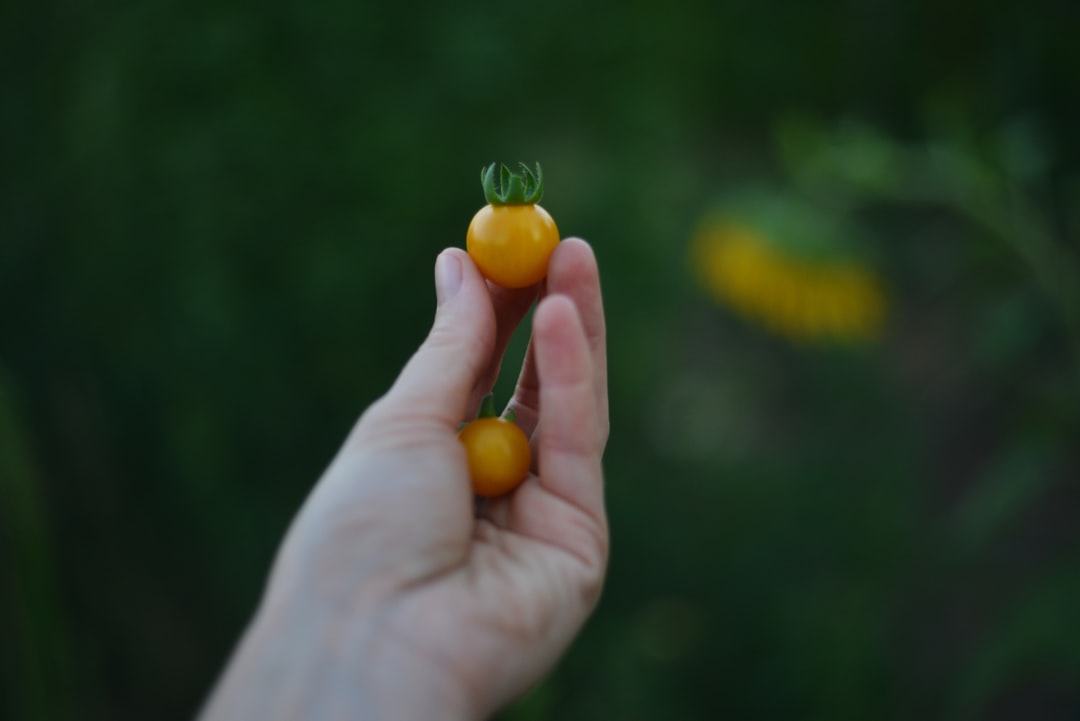Nature's Secret: Chive Companions for a Pest - Free Edible Garden

When it comes to edible gardening, chives are not only a delicious addition to your culinary adventures but also a powerful ally in keeping pests at bay. By carefully selecting the right companion plants, you can create a harmonious and pest - resistant garden ecosystem. Let's explore some of the best chive companion plants that will help you achieve a healthy and bountiful edible garden.
One of the top chive companion plants is carrots. Carrots and chives make an excellent pair. Chives emit a strong odor that can deter carrot flies, which are a common pest for carrots. These flies lay their eggs near the base of carrot plants, and the larvae then feed on the carrot roots, causing damage and reducing the yield. By planting chives alongside carrots, you can create a natural barrier against these pests. The strong scent of chives masks the smell of carrots, making it difficult for the carrot flies to locate their target. Additionally, chives do not compete strongly with carrots for nutrients and space, allowing both plants to thrive.
Tomatoes also benefit greatly from being planted near chives. Tomatoes are prone to a variety of pests, such as aphids and spider mites. Chives have natural insect - repellent properties that can help protect tomato plants. The sulfur compounds in chives act as a deterrent to many common tomato pests. Moreover, chives can enhance the flavor of tomatoes. Some gardeners believe that the close proximity of chives can even improve the overall health and productivity of tomato plants. When planting tomatoes and chives together, make sure to give each plant enough space to grow and receive adequate sunlight.
Peppers are another great companion for chives. Peppers can be attacked by pests like thrips and whiteflies. Chives can help repel these pests and keep pepper plants healthy. The strong aroma of chives confuses the pests, preventing them from easily finding and infesting the pepper plants. In addition, chives can attract beneficial insects such as bees and butterflies. These pollinators are essential for the proper development of pepper fruits. By having chives nearby, you can increase the chances of successful pollination and a higher pepper yield.
Onions are closely related to chives, and they also make good companion plants. Onions and chives share similar pest - repellent properties. They can both deter pests like aphids, cabbage worms, and slugs. When planted together, they create a more concentrated area of pest - repelling scents. This can be especially effective in protecting other nearby edible plants. The combination of onions and chives can also improve the soil quality. They have shallow root systems that do not overly compete for nutrients and can help break up the soil, allowing better water infiltration and aeration.
Garlic is yet another wonderful companion for chives. Garlic has powerful antibacterial and antifungal properties, as well as strong pest - repellent abilities. When planted with chives, it can enhance the overall pest - resistance of the garden. Garlic can repel pests such as nematodes, which can damage the roots of many edible plants. The combination of garlic and chives can also add a unique flavor profile to the garden. Both plants are used in cooking, and having them growing side by side makes it convenient for harvesting and using in various recipes.
When planning your edible garden with chives and their companion plants, it's important to consider the spacing requirements of each plant. Make sure to provide enough room for the roots to grow and for the plants to receive sufficient sunlight and air circulation. Also, pay attention to the watering needs of different plants. Some plants may require more water than others, so it's essential to group them accordingly. By carefully selecting and arranging chive companion plants, you can create a beautiful, productive, and pest - free edible garden that will provide you with a continuous supply of fresh and delicious produce.
In conclusion, chives are a versatile and valuable plant in edible gardening. Their ability to repel pests and their compatibility with a wide range of other edible plants make them an ideal choice for any garden. By incorporating the right chive companion plants, you can take advantage of their natural pest - control properties and create a thriving ecosystem in your garden. Whether you're a beginner or an experienced gardener, experimenting with these chive companion plants can lead to a more successful and enjoyable edible gardening experience.